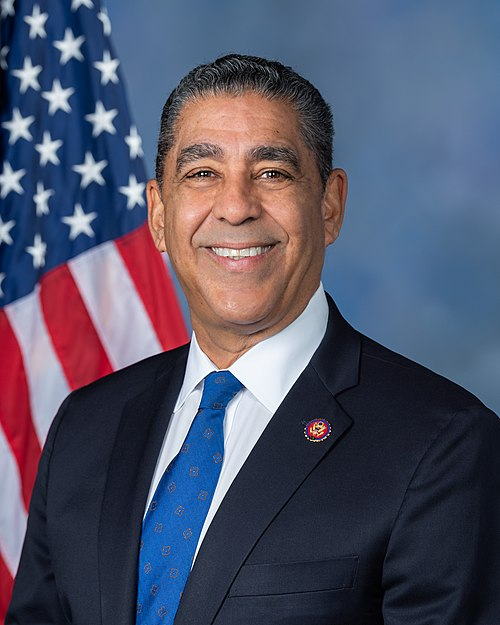H.R. 4399: Resilient Transit Act of 2025
The bill titled the Resilient Transit Act of 2025 aims to enhance the resilience of public transportation systems in the United States against the impacts of climate change and natural disasters. Here are the key components:
Short Title
This legislation is referred to as the Resilient Transit Act of 2025.
Definitions
The bill introduces definitions relevant to its implementation, including:
- Resilience improvement: Defined as measures intended to enhance the stability and reliability of public transportation systems.
- Environmental justice community: Communities with significant representation of people of color or low-income households that may face higher adverse health or environmental effects.
- Medically underserved community: Communities lacking access to adequate medical services.
- Underserved community: Communities identified as low-income or experiencing social, economic, or environmental challenges.
Public Transportation Resilience Improvement Grants
The Secretary of Transportation will be authorized to provide grants for various activities aimed at improving the resilience of public transportation systems. This includes:
- Installation of flood mitigation measures.
- Equipment to detect flood events.
- Replacement of vulnerable equipment or facilities.
- Purchase of equipment for drainage and pumping maintenance.
- Installation of systems to regulate temperatures and monitor extreme conditions.
- Development of backup systems for power outages.
- Assessment of vulnerabilities against climate change impacts.
- Planning for improvements and emergency response strategies.
These grants can be used for standalone projects or components of larger transportation projects.
Types of Projects
The grants can be utilized for:
- Independent standalone projects.
- Parts of other projects that contribute to public transportation resilience.
Funding Distribution
The bill specifies how grant funds will be allotted, indicating that a vast majority (97.15%) will go to eligible recipients based on a defined formula, while a small percentage (2.85%) will be allocated differently.
Annual Reporting Requirements
The Secretary will be required to submit annual reports to Congress detailing:
- Activities funded by the grants.
- Projects benefiting economically disadvantaged or underserved communities.
- Recommendations for improving grant administration.
Authorizations
The bill authorizes specific funding amounts to support these initiatives, increasing available funds for public transportation resilience from previous levels stipulated in the existing law.
Impact on Public Transportation Systems
The goal of the Resilient Transit Act of 2025 is to ensure that public transportation systems are better equipped to handle climate-related challenges, ensuring safety and reliability for communities that depend on these services.
Relevant Companies
- CSX - As a freight transportation company, changes in infrastructure related to public transit may indirectly affect operations, especially in urban areas where public transport and freight logistics interplay.
- Norfolk Southern Corporation (NSC) - Similar to CSX, this railroad company may see impacts due to changes in transportation policies and public transit upgrades.
This is an AI-generated summary of the bill text. There may be mistakes.
Sponsors
2 bill sponsors
Actions
2 actions
| Date | Action |
|---|---|
| Jul. 15, 2025 | Introduced in House |
| Jul. 15, 2025 | Referred to the House Committee on Transportation and Infrastructure. |
Corporate Lobbying
0 companies lobbying
None found.
* Note that there can be significant delays in lobbying disclosures, and our data may be incomplete.















